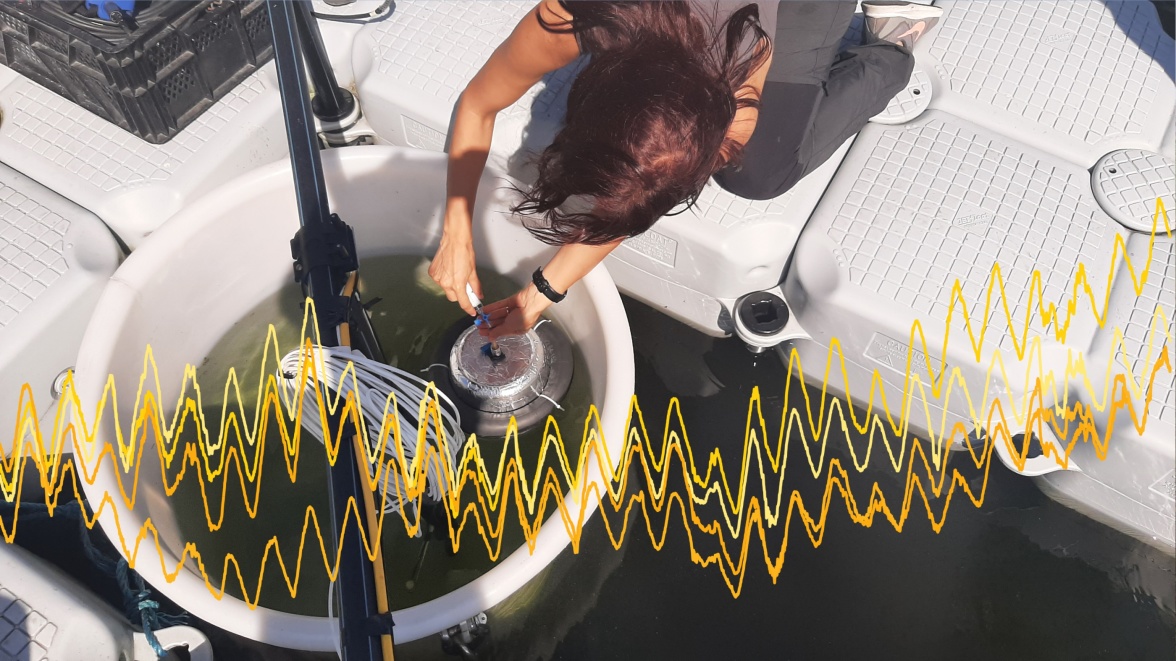The SITES 2023 Calendar theme is “Data in Focus”. The openly available data produced within SITES and stored on the SITES Data Portal is the “golden thread” of the infrastructure, allowing users access to ecosystem data that covers diverse habitats and climate zones across geographical gradients in Sweden. Each month follow along as we highlight a unique SITES dataset.
SITES has three Thematic Programs that strengthen the collaboration within the network of stations in remote sensing, water monitoring and aquatic mesocosms. The Thematic Programs facilitate comparison between climate zones, landscape elements and management systems and offer open data from long-term monitoring and experimental installations.
This month the SITES AquaNet Thematic Program is featured, a standardized and open infrastructure to run mesocosm experiments across five SITES lakes spread across Sweden. The mesocosm enclosures are equipped with sensors and a data logging system as well as greenhouse gas chambers to measure environmental parameters in real-time (as seen in the image below for the mesocosm enclosure at Lake Erken). In addition to having access to the mesocosm equipment, SITES AquaNet also offers users technical support from qualified station personnel to run mesocosm experiments, established protocols to standardize both field and laboratory work and open access to data from previous AquaNet experiments as well as time series data in the lake and connecting stream(s) measured in the SITES Water monitoring program.
Link to Data: https://meta.fieldsites.se/objects/cX_V_MJ05R_QU1pnyzqEKqt9

In 2017, SITES AquaNet conducted a pilot experiment across the five AquaNet lakes. The experimental tests investigated the interactive effects of bottom-up (a reduction in light availability) and top-down (fish predation) disturbances on the stability of plankton community composition (bacterio-, phyto- and zoo-plankton) and ecosystem functioning. The graph shows sub-hourly oxygen data generated from sensors in the Lake Erken mesocosm experiment run in 2017, aggregated for the four treatments applied to the experiment (Control, Light, Fish, Light & Fish).
The results from the 2017 experiments at all SITES AquaNet stations are available as a data collection on the SITES Data Portal and published in Urrutia-Cordero et al. 2021.